Whether you're upgrading to a new PC or buying a single component, you can never really avoid every single one of these hidden traps. No matter how many times you've done it before, upgrading a PC inevitably comes with unspoken biases and rules that you impose on yourself. This leads you to overpay for performance you don't need, and build with components you didn't research enough before buying. On the other end of the spectrum, you could end up cheaping out on the stuff that truly matters. So, here are the top traps to avoid when buying new components for your PC.
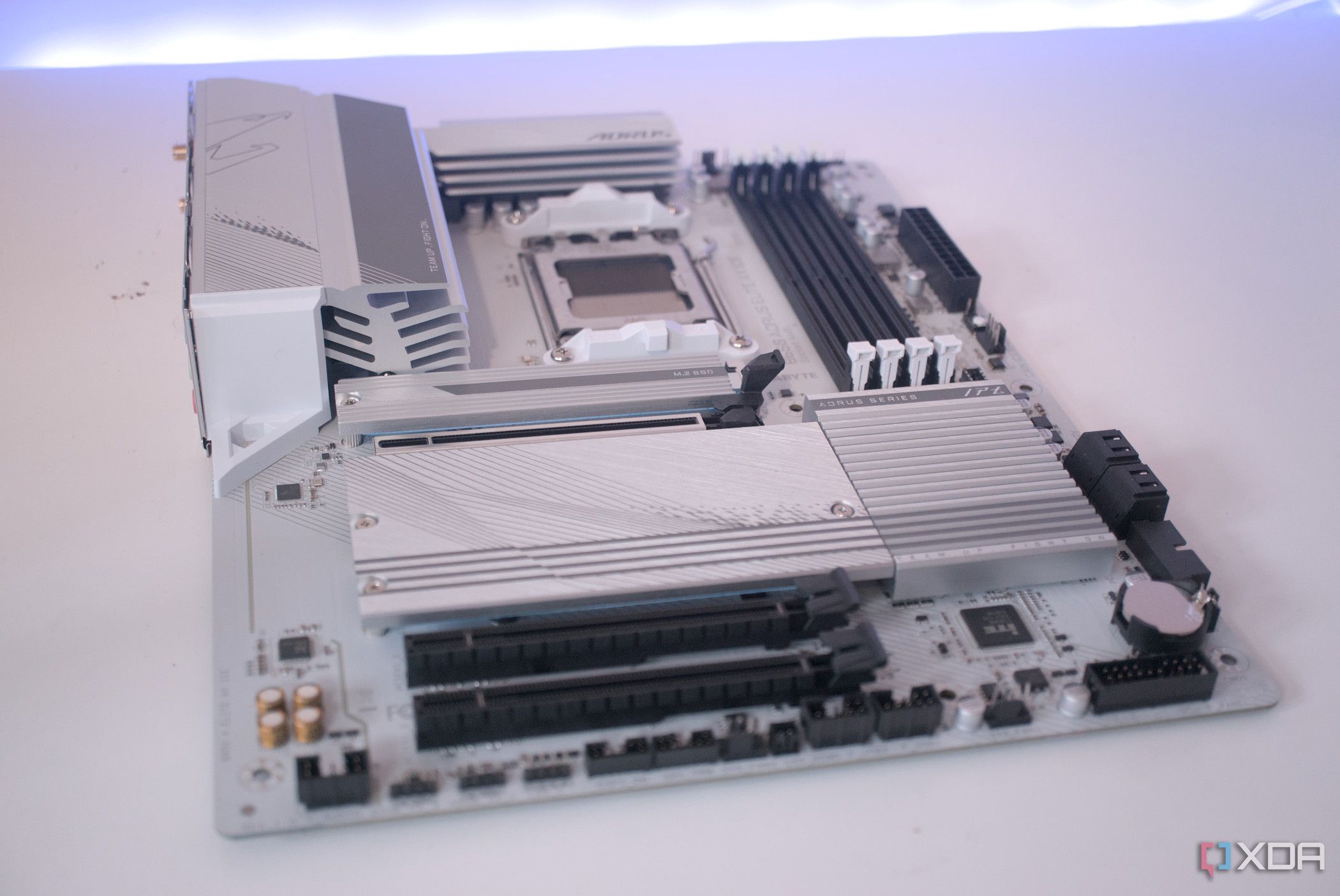
Related
Don't forget these 6 crucial specifications before building or buying a new PC
You'll have to dive a bit deeper into the specifications if you don't want to regret your purchase
5 Being blinded by brand loyalty
You're only fooling yourself
Let's face it: no decision that we ever take is 100% rational. Buying PC components is no different. You should buy the best product for your money, but more often than not, you decide first and justify later. For instance, many people still blindly buy Nvidia GPUs despite AMD and Intel killing it in the mid-range and budget segments, respectively. Similarly, Intel loyalists still somehow justify buying a Raptor Lake or Arrow Lake CPU despite all signs pointing to AMD being the better choice.
I don't understand brand loyalty, but I can make a few guesses about why people do what they do. Some consumers are afraid of changing course after years of using a particular brand. Others amplify insufficient evidence about how the "other" brands are not good enough, and are relieved that they were right all along to support the billion-dollar company they love. Instead of buying what gives you the best value for your money, you're probably trusting a name more than the actual performance of the product you're buying.
This trap of trusting the familiar can lead you down a road of bad decisions that you might regret later. You'll deprive yourself of fantastic products that don't have your preferred name on the box. In a market where no company cares how you feel about it, choose wisely how you spend your hard-earned money.
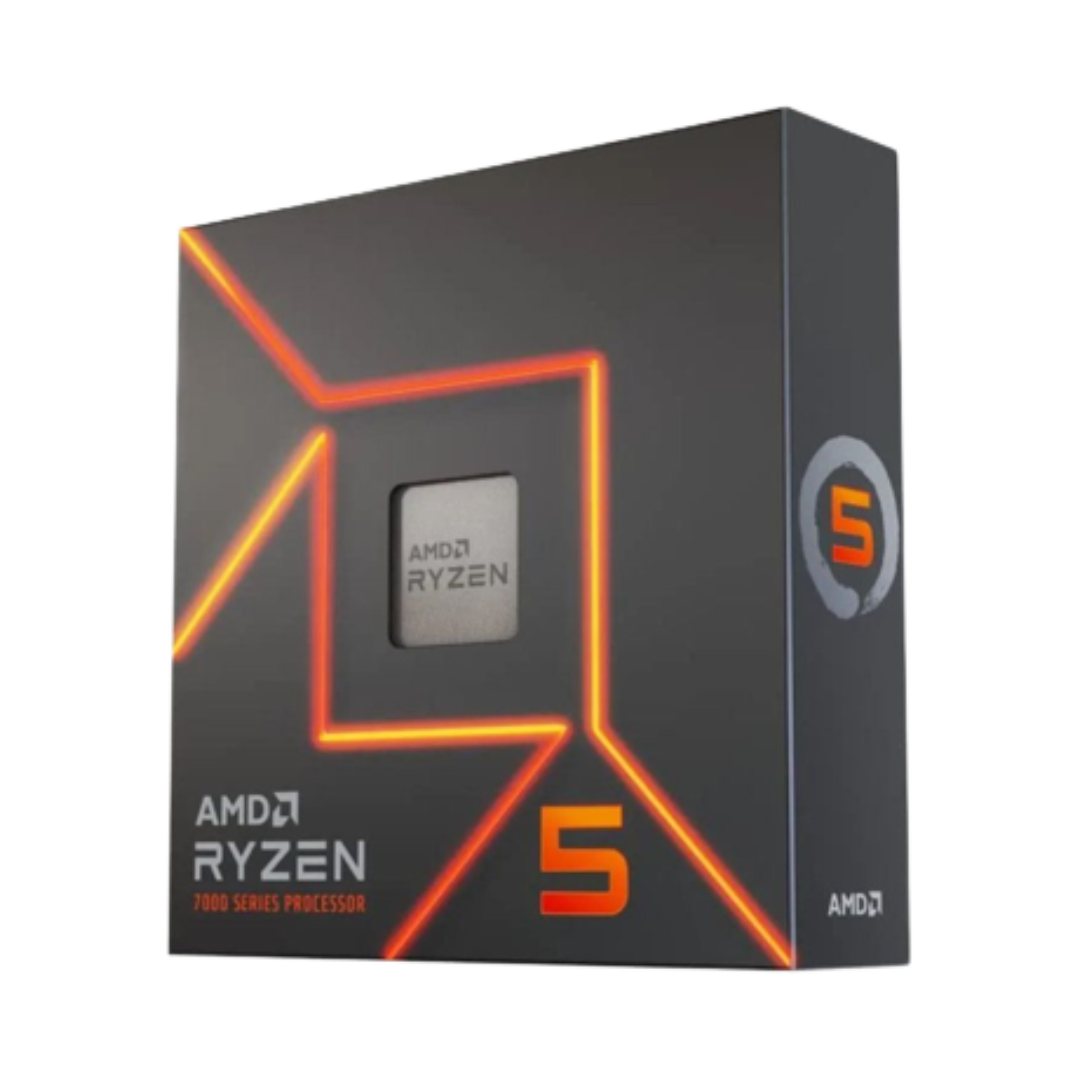
Brand AMD
CPU Model 5 7600X
Cores 6
Threads 12
Architecture Zen 4
AMD's 6-core chip is actually one of its best for gaming, with incredible single-core performance and an attractive price tag to boot.
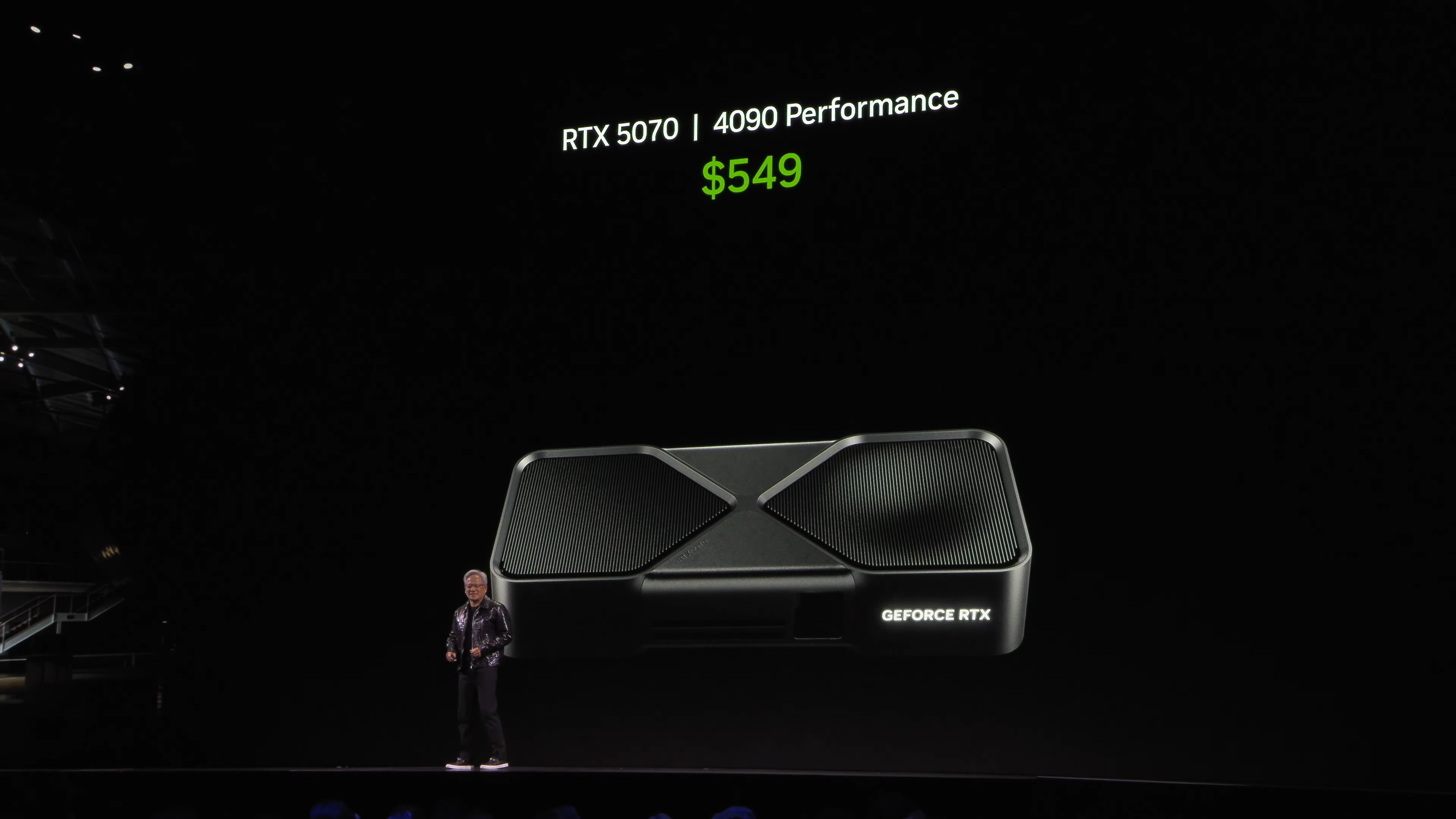
Related
7 worst habits PC enthusiasts need to abandon ASAP
The PC community tends to overdo some of its negative traits
4 Buying more performance than you really need
Very few people need the fastest hardware
You might recognize this scenario: whenever a PC user is about to pull the trigger on a purchase, they somehow convince themselves that future-proofing is a smart decision. The result is that they buy hardware that's more powerful than they need, and definitely more expensive than what they initially budgeted for. In the name of building a PC that will last longer, they trust a future that might not pan out the way they thought, and overspend on the future while sacrificing the present.
That last statement might leave you skeptical, but blowing your budget on a "better" GPU or CPU can easily make you compromise on one or more other components. You might pick a less powerful CPU cooler, insufficient storage, or less PSU wattage than you need. Despite knowing that you would have enjoyed your games the same way if you stuck to your original plan, you buy flagship components that you never needed.
3 Limiting yourself to only the latest hardware
FOMO can strike anyone
Overpaying for extra performance you don't need is one thing, but buying only the latest components without considering any alternative is probably riskier. I know many people who approach PC building with a one-track mind: buy the latest-gen components or nothing. They will always choose current-gen CPUs and GPUs without considering the possibility that the latest parts could actually be worse than what came before.
We clearly saw this when AMD's Ryzen 9000 CPUs failed to impress anyone, bringing into question their relevance against the Ryzen 7000 chips. Nvidia's RTX 50 series GPUs fare worse on the FPS-per-dollar scale against many previous-gen offerings from the company, as well as those from AMD. Even in the AMD camp, you can make a case for some RX 7000 GPUs against the RX 90 series cards, but once you close yourself to those possibilities, you're stuck with the latest hardware, for better or worse.
2 Prioritizing form over function
Keep your eye on the ball
Another aspect that many users value more than they should is esthetics. Looks are important, I agree, but are they more important than raw performance, functionality, and features? I realize your answer might be different from mine, but prioritizing flashy design over horsepower is a strict no in my book. This behavior often manifests itself when choosing a case, memory kit, CPU cooler, and peripherals.
People can be tempted by AIOs with LCDs, memory kits with overbuilt RGB designs, cases with more fluff than features, and keyboards with "gamer" designs but no impressive internals. There's nothing wrong with wanting to build a good-looking PC, but don't do it at the cost of performance and features. You can buy cases, coolers, and peripherals that both look and work great. Avoid overspending on uber-flashy RAM kits when you can pair great performance and looks for a relatively lower price.
1 Cheaping out on crucial components
PC building anathema
This is the other end of the spectrum I referred to at the beginning of the article. Building a PC is always a balancing act between performance, looks, and budget, but some things are sacred. For instance, you're not supposed to buy a crappy power supply just because you want to cram a higher-tier GPU into your PC. A quality power supply is crucial for the safety of every component in your build.
Cheaping out on storage is another big mistake — you might not notice any drawbacks at first, but unreliable SSDs can come back to bite you when you least expect it. You should stay away from entry-level SSDs that save you a few bucks in the short term, but can cost you in the long term. Even the motherboard is an area where PC builders often pick an entry-level model and hope for the best. The motherboard might not directly affect performance, but a certain level of build quality is needed for stable operation.
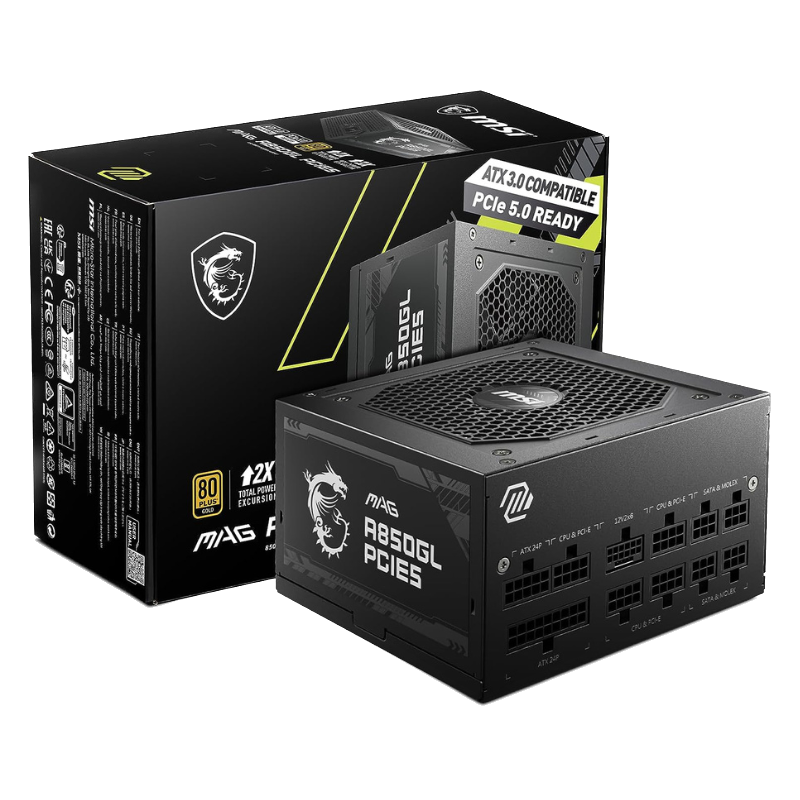
The MSI MAG A850GL is one of the latest ATX 3.0 power supplies with 850W of 80+ Gold power efficiency, perfect for future-proofing your gaming PC.
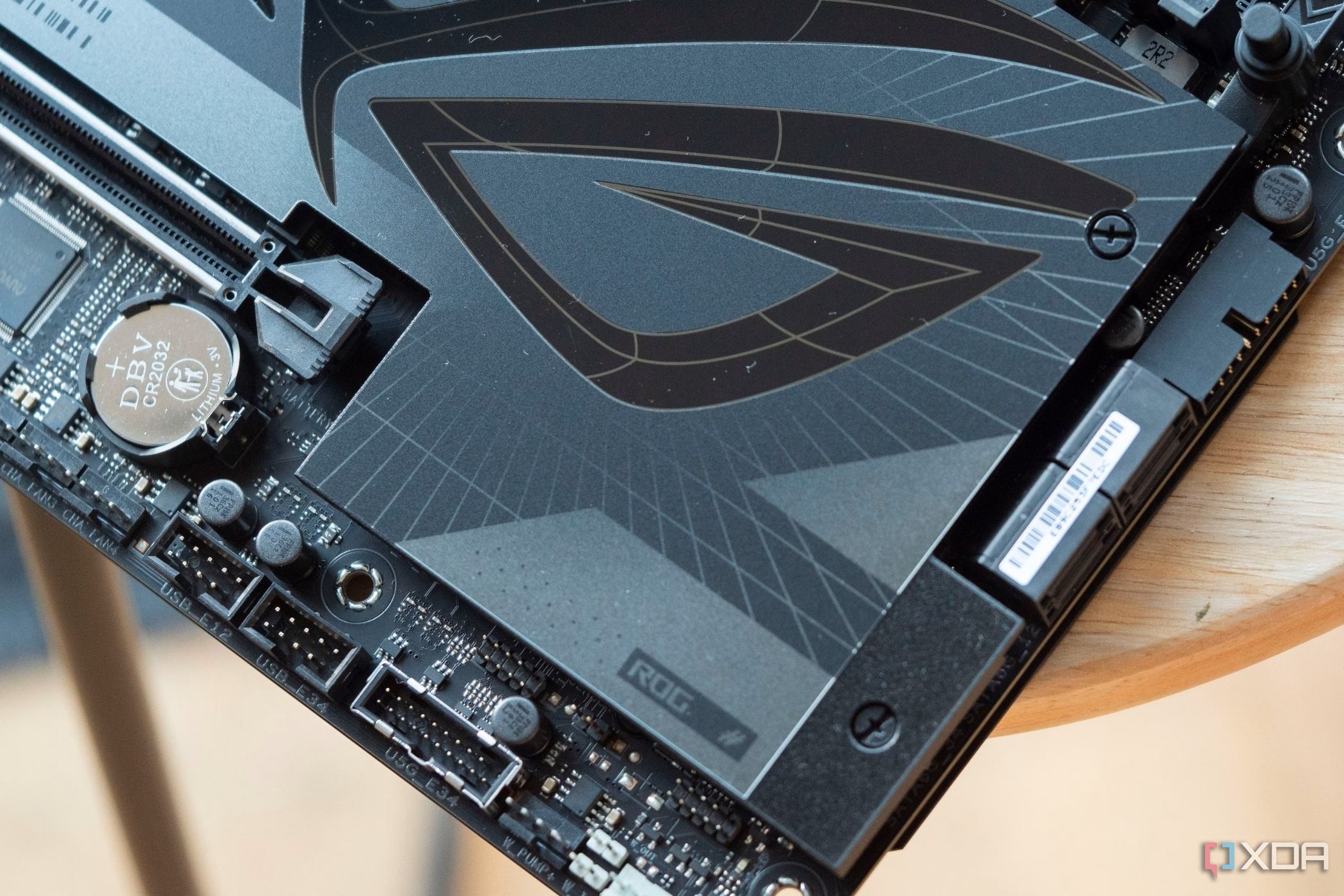
Related
10 reasons skimping on your motherboard is a false economy
It's always tempting to save money by skipping the flagship motherboards but you might be losing out on features by doing so.
Know which PC upgrade traps to avoid
Now that you know the hidden traps you're prone to when upgrading your PC, you're better off than most people. PC components don't come cheap, and you should do your research before investing hundreds of dollars in a component. Don't consider things like brand loyalty, FOMO, and future-proofing more important than making prudent choices when choosing PC parts. It often backfires, and you won't have anyone to blame but yourself.
.png)
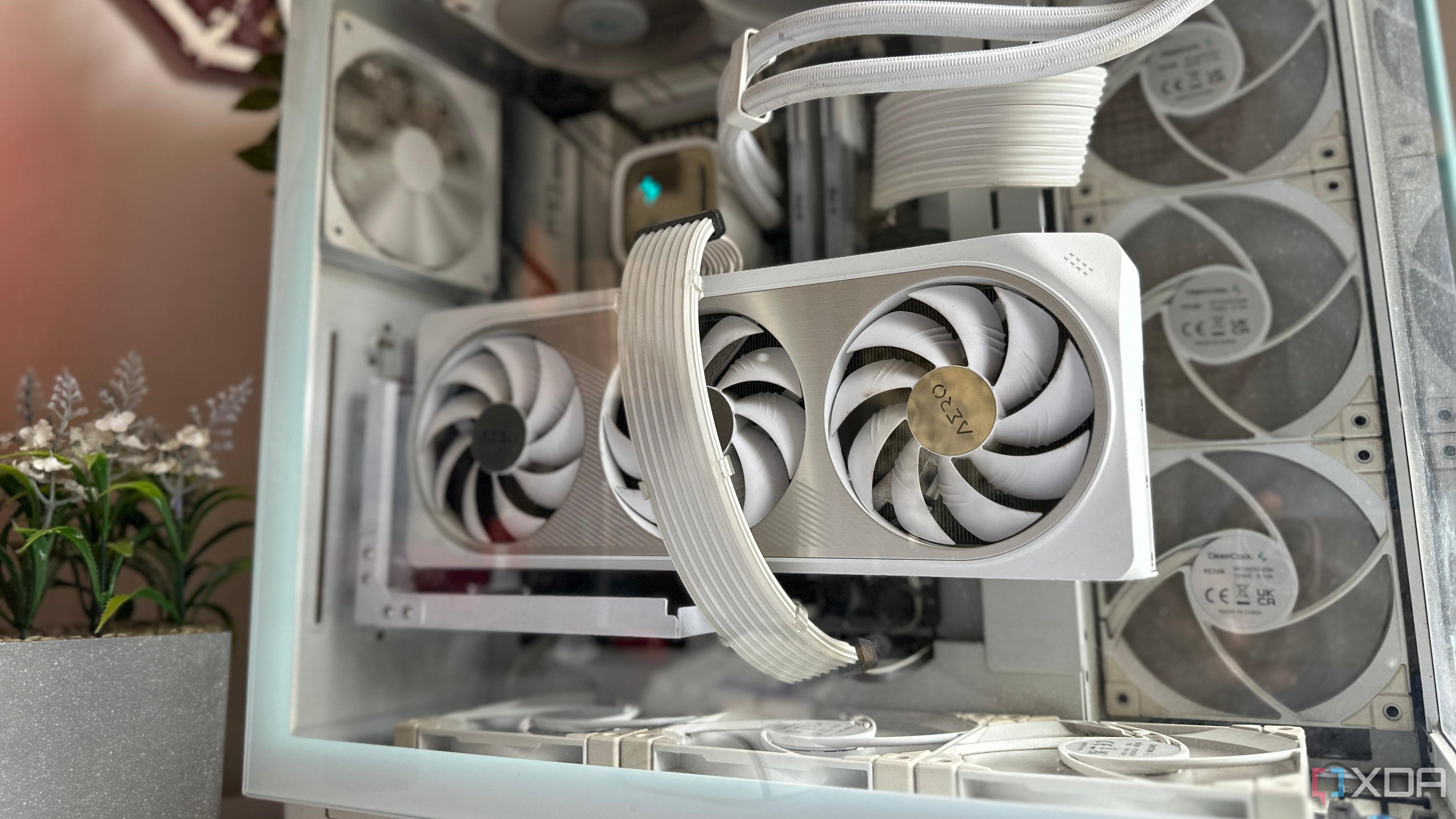
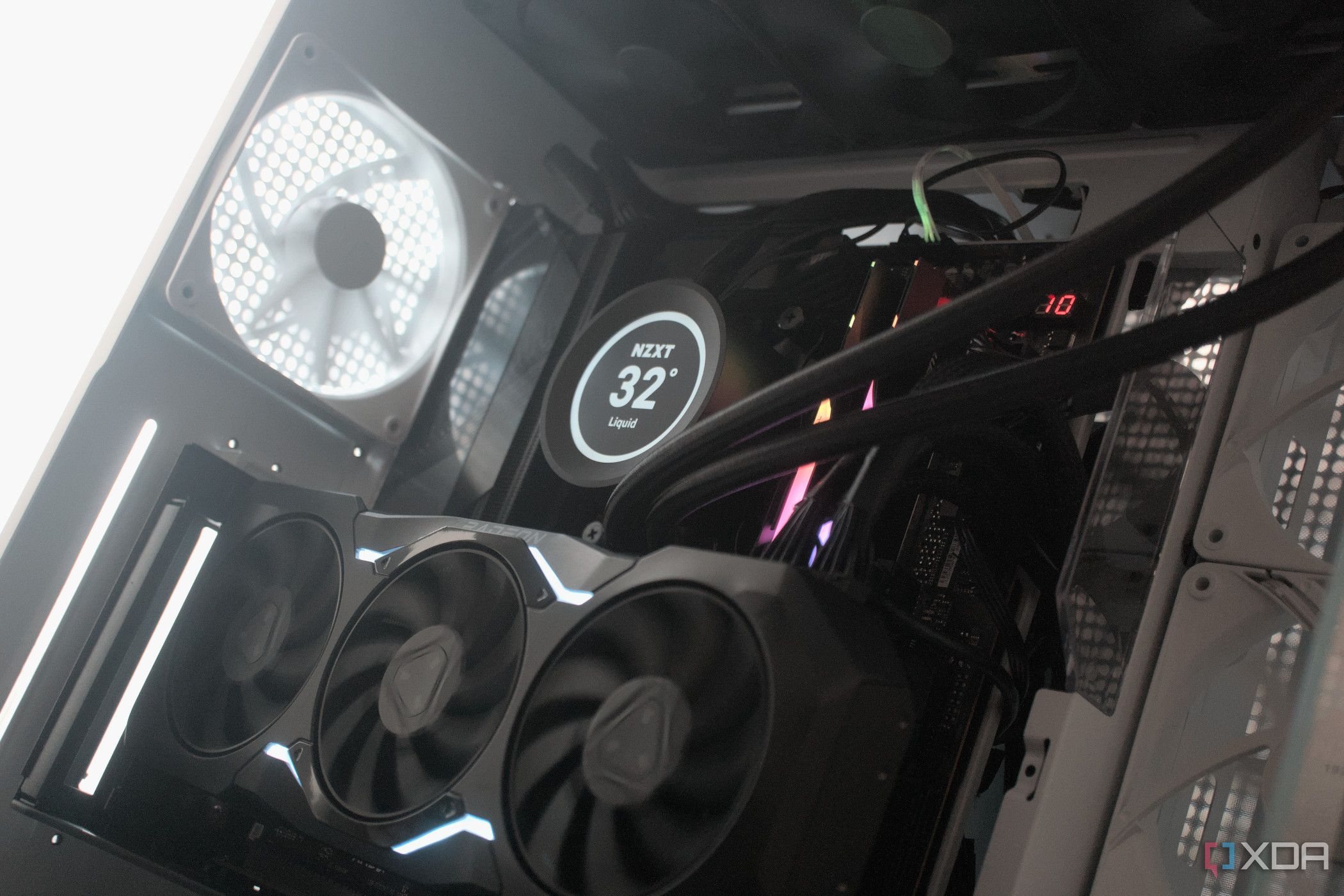
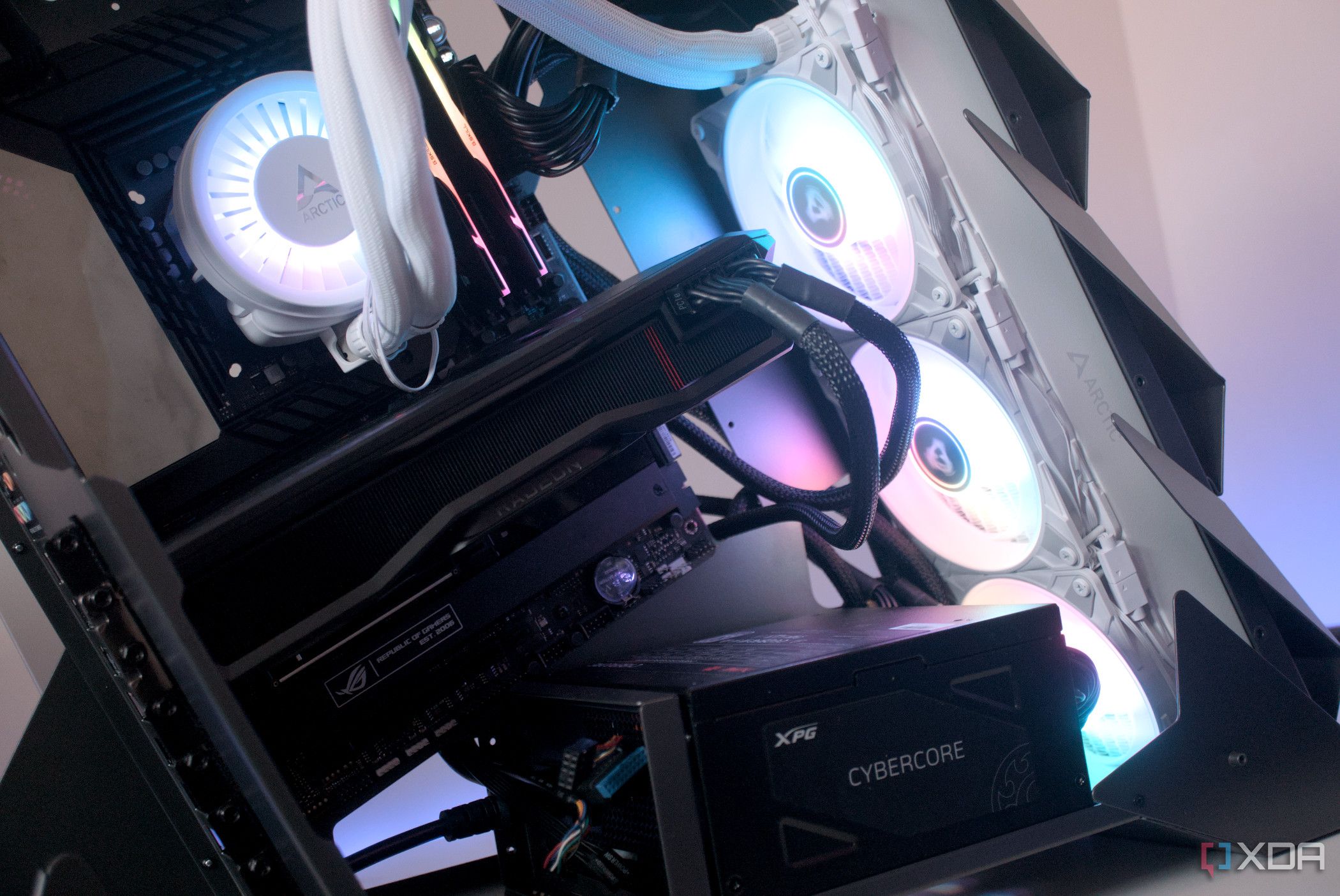










 English (US) ·
English (US) ·